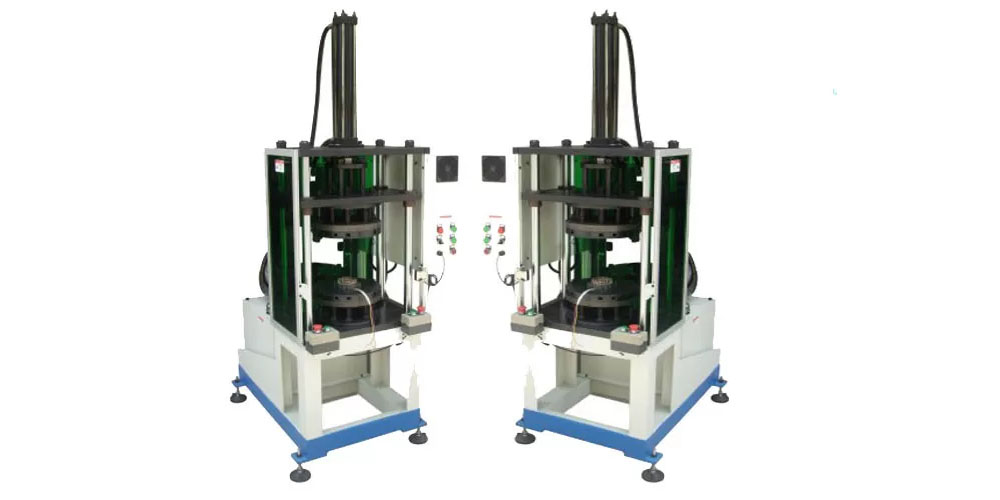Chances are you have seen at least some type of a hydraulic press machine in your life. They are extremely common in industrial units, but the smaller types for consumer use are getting more and more common every day.
The applications and uses of hydraulic press machines are enormous. From pressing and shaping metal to crushing cars, the extraordinary power and versatility of hydraulic press machines are there for everyone to see.
In this article, we are going to talk about how these presses do so much? How are they able to generate so much power and pressure that crushes the strongest metals on earth? So, if you want to know about the working of a hydraulic press machine, keep reading.
Components Of A Hydraulic Press Machine
Before we get to the work, you should know about the main components of a hydraulic press machine. A hydraulic press machine has the following components:
- Cylinders. (Master & Slave cylinders)
- Pistons.
- Press Plates.
- Hydraulic Pipes.
- Fluid. (Mineral oils or silicone fluids)
A high-quality hydraulic press machine usually has a computerized control system to automate the process and reduce manual labor costs and time consumption.
How Does A Hydraulic Press Machine Actually Work?
Hydraulic press machines work on the Pascal principle. It’s not a mechanical principle. Instead, it studies the physical properties of liquids. It states that when you press an incompressible liquid, the pressure distributes on every particle evenly and releases in infinite directions. That pressure generated while trying to compress liquid is what presses the material placed between the two cylinders.
Let’s take the example of pressing a ball bearing. We place the bearing on the press plate. Once the press machine starts, the pressure starts to mount in the liquid cylinders. That pressure is then directed towards the large cylinder using the pistons. The large cylinder then powers the press plates to crush the ball bearing into a flat coin. So, you see, it’s all about the liquids.
No matter which hydraulic press machine you look at, the basic workings are all the same. Whether it’s an industrial hydraulic press or a small tabletop manual press, all work because of the Pascal Principle.
Why Do Hydraulic Press Machines Stop Working?
Over time, with prolonged use, even the best hydraulic press machines start to wear and tear. The internal components can get damaged, which can cause problems in their working. Here are the most common reasons why a hydraulic press might stop working.
- Fluid Leakage: The whole working of a hydraulic press machine revolves around the fluid. But it’s very common for this fluid to leak out from the slave cylinder. When it leaks out, it can not only affect the working of the press but also cause permanent damage. Using the wrong fluid is the most common reason for fluid leakage.
- Hydraulic Press Heat up: Hydraulic press machine operations generate an extraordinary amount of pressure. When you overwork the press, it can overheat and stop working. The best practice is to ensure the machine’s temperature stays under 180F.
- Poor Maintenance: Hydraulic press machines have a lot of mechanical components that regularly need repairs and maintenance. If avoided for a long time, they can cause serious damage to the machine itself and result in rendering the machine non-functional.
Conclusion
Hydraulic press machines work on a very simple principle. But, because there are a lot of components involved, it can be difficult for some people to fully understand their workings. But, if you are going to be working around these heavy-duty machines, it’s best to gain as much knowledge about them as possible.

